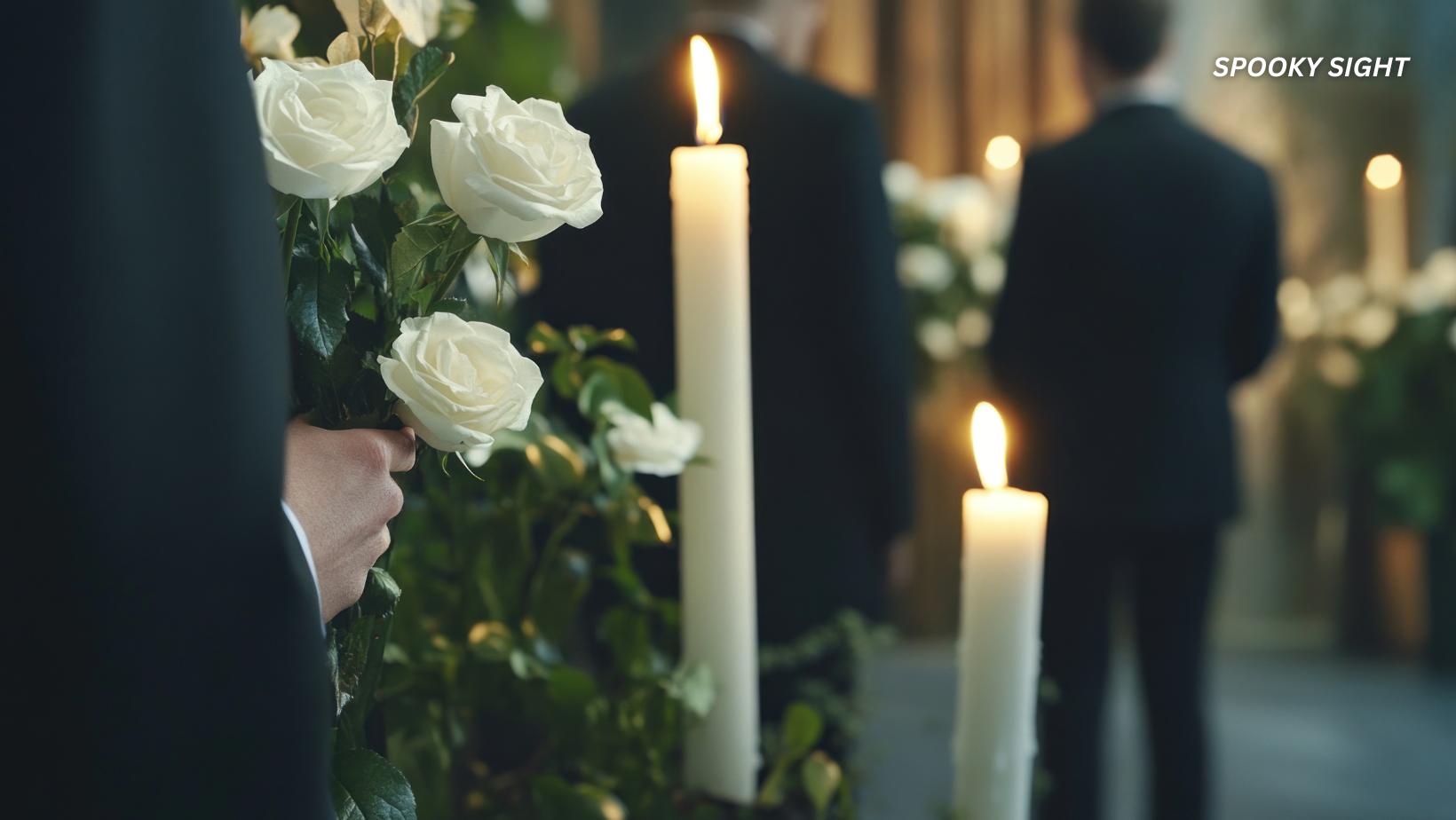Grief has a strange way of reshaping the world around you. Suddenly, objects that once blended into the background start carrying unexpected emotional weight. A familiar room feels different. Ordinary tasks feel foreign. In the middle of this shifting emotional landscape, many people experience a surprising urge to clean, organize, or eliminate anything that feels overwhelming. It’s a perfectly human response: decluttering can feel like taking back control during a time when very little makes sense.
But there is something important to remember: you don’t have to sort everything out right away. In fact, rushing the process can sometimes lead to regrets later. The things that seem unimportant today may become priceless tomorrow.
Below are five categories of items that often end up meaning more than expected. Each one has a quiet purpose, even if its value isn’t obvious right now.
Read more: People Who Heal and Rise After Toxic Relationships Share These 12 Powerful Traits
1. Anything Written in Their Handwriting
There’s something almost magical about a person’s handwriting. It’s like a fingerprint—unique, personal, and naturally connected to the way they moved through the world. When someone dies, their handwriting becomes one of the few things that remain completely unchanged. Even the smallest handwritten item can reconnect you to who they were.
This category doesn’t have to be limited to heartfelt letters or long notes. It can include:
- A grocery list they left on the fridge
- A sticky note on your desk
- A random reminder scribbled in the margins of a calendar
- A card they signed quickly before an occasion
- A recipe they wrote down by hand
These little pieces of ink and paper become anchors for memory. Many people who experience grief often mention the same thing: seeing handwriting brings comfort in a way they didn’t anticipate.
Even handwriting filled with misspellings, rushed scrawls, or shorthand becomes part of what you cherish. When grief softens over time, these items can help you feel connected again, offering a sense of presence that photos and recordings can’t fully replace.
If you’re not sure whether an item is important, set it aside instead of throwing it away. Let future-you decide with a clearer heart.
2. Photos, Videos, and Any Kind of Voice Recording
Memories don’t fade all at once. They dim slowly, quietly, almost without warning. This is why photos and recordings become so meaningful—they capture details your brain might forget.
You might think you already remember their face clearly, or that you’ll never forget the way they laughed. But recordings preserve those moments in a way memory simply can’t compete with.
The types of memories worth saving include:
- Old, printed photos tucked in boxes
- Polaroids from gatherings or trips
- Digital albums from your phone
- Random videos you forgot you even recorded
- Voicemails you still haven’t listened to
- Audio messages they sent while multitasking
- Home videos stored on old devices
Even the imperfect ones matter—the blurry pictures, the videos taken at odd angles, or the voice memos where the audio crackles. Those moments are raw, real, and irreplaceable.
Many people find that, months or years later, revisiting these recordings becomes a comfort rather than a source of pain. They allow you to feel closer to your loved one, even during quiet moments when the rest of the world feels far away.
If you’re overwhelmed, gather everything into a folder, a drive, or a physical box. You don’t have to watch or listen yet. Just keep them safe.
3. Everyday Items Connected to Their Routine
When someone dies, it’s easy to look at their belongings as “stuff” that needs sorting. But the items they used every day—those small, seemingly ordinary things—can hold emotional weight that only becomes apparent later.
Think about items such as:
- A favorite mug they always reached for
- A book they reread countless times
- A watch they wore daily
- Their reading glasses
- A jacket they never left home without
- A keychain with a worn-out charm
- A pen they used until it barely worked
These objects aren’t valuable in the traditional sense, but they are meaningful because they show who your loved one was in their ordinary, unfiltered moments. They represent habits, routines, and quirks that made them unique.
You don’t have to keep everything, but don’t underestimate the power of one or two everyday objects to help you feel connected. Sometimes a single familiar item does more healing than an entire box of things you don’t truly care about.
Pick something that feels right, not something you feel obligated to keep.
4. Personal Messages and Digital Memories
In today’s world, a large part of our relationships happens in digital spaces. The messages we send back and forth—funny photos, reminders, quick check-ins, long conversations—can hold emotional weight we don’t recognize until later.
These memories can include:
- Text messages
- Voice notes
- Emails
- Social media comments
- Private messages on apps
- Photos sent back and forth
- Old call logs or saved voicemails
It’s easy to hit “delete” during moments of deep grief, especially if seeing these messages feels overwhelming or painful. But those tiny digital traces often become treasured memories later. They show your loved one’s personality in ways that formal items cannot.
Many people regret deleting old conversations too soon. So even if you’re not ready to see them now, take a moment to back them up or screenshot them. Save them somewhere safe—your future self will likely thank you for it.
5. Something That Still Holds Their Scent
Scent is one of the strongest triggers for memory. It can bring back a moment, a feeling, or an entire chapter of life in a way that’s immediate and deeply emotional. Because scent fades quickly, it’s worth keeping an item that holds even a hint of your loved one’s familiar smell.
These items can include:
- A sweater or hoodie
- A favorite shirt
- A scarf
- A pillowcase
- A blanket they used often
- A jacket they wore regularly
You don’t need a whole closet. Even one piece can be enough.
Some people tuck these items in a drawer or storage box, not to smell them constantly, but for the comfort of knowing they’re still there. It creates a gentle sense of closeness—a way of holding onto something real when everything else feels changed.
If the scent eventually fades, the item still remains meaningful because it represents a sensory connection you once had.
Read more: Psychology Says These 12 Traits Belong to People Who Are Kind, But Not Easily Manipulated
A Final Word: Take Your Time
Grief has no schedule, no rules, and no deadline. There is no right time to sort through belongings, and there is no wrong time either. What matters is giving yourself space to move at your own pace.
You don’t owe anyone an explanation. You don’t have to justify why you saved something. And you definitely don’t need to rush into decisions that feel permanent.
Sometimes the smallest things become the biggest sources of comfort. A photo, a sweater, a note—these are the pieces that help you carry someone with you even after they’re gone.
Let yourself keep what matters. Let go only when you’re truly ready. And above all, be gentle with yourself. Grief changes, but the love behind it remains.
Featured image: Freepik.
Friendly Note: Spookysight.com shares general information for curious minds. Please fact-check all claims. 🌱









